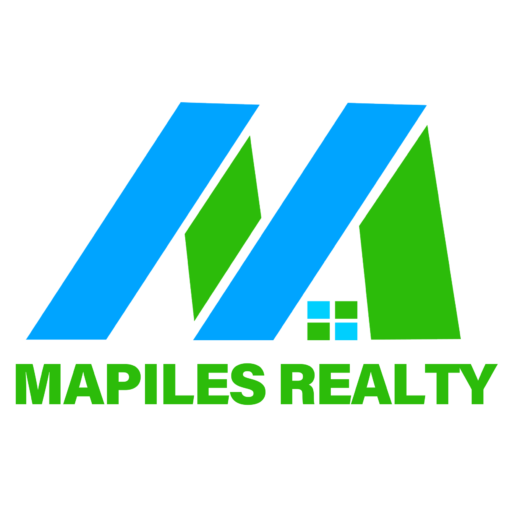Technology is changing the way Filipinos live. Smart homes and the Internet of Things (IoT) are making life more convenient, efficient, and secure.
What Are Smart Homes?
A smart home is a residence equipped with devices that automate tasks. These devices are connected to the internet and can be controlled remotely using a smartphone or voice commands.
Smart homes can include automated lighting, temperature control, security cameras, and voice-activated assistants. These features help homeowners save time, reduce energy consumption, and improve security.
How IoT is Changing Real Estate
The Internet of Things (IoT) connects everyday devices to the internet, allowing them to communicate and work together. In real estate, IoT enables homes to be smarter and more efficient.
With IoT, homeowners can control appliances, monitor security, and optimize energy use. This technology makes homes more comfortable and functional.
Smart Home Features Gaining Popularity
Filipinos are embracing smart home features for convenience and safety. One popular feature is smart lighting, which allows homeowners to control lights using an app or voice command.
Another trending feature is smart security systems. Homeowners can monitor their property in real time through CCTV cameras and receive alerts for any suspicious activity.
Energy Efficiency and Cost Savings
Smart homes help reduce electricity consumption. Automated thermostats adjust temperatures based on usage, ensuring that no energy is wasted.
Smart plugs and appliances also contribute to savings. They automatically turn off devices when not in use, lowering electricity bills over time.
The Role of Real Estate Developers
Leading real estate developers in the Philippines are incorporating smart home technology in their projects. Ayala Land, SM Development Corporation (SMDC), and Megaworld have started offering smart-ready units.
These developments attract tech-savvy buyers who want modern and connected homes. It also increases the value of properties in the long run.
Convenience Through Automation
Automation is one of the biggest advantages of smart homes. Homeowners can schedule tasks like turning on the air conditioner before arriving home or setting coffee makers to start brewing in the morning.
Voice assistants like Alexa and Google Assistant make automation even easier. With simple voice commands, homeowners can control multiple devices effortlessly.
Smart Security for Peace of Mind
Security is a top priority for Filipino homeowners. Smart locks, motion sensors, and surveillance cameras provide extra layers of protection.
With mobile apps, homeowners can check on their property anytime, anywhere. Some systems even allow remote locking and unlocking of doors for added security.
IoT in Condominiums and High-Rise Living
Condominiums are also integrating smart home technology. Many high-rise buildings now offer centralized control systems for lighting, security, and even parking management.
Residents can access building amenities, book function rooms, and receive important updates through smart community apps. This enhances convenience and improves the overall living experience.
The Growing Demand for Smart Homes in the Philippines
More Filipinos are looking for smart home features when buying properties. Developers are responding by offering smart-ready units as part of their standard packages.
This shift is driven by the younger generation, who value technology and convenience. As smart home prices become more affordable, adoption rates will continue to grow.
Challenges in Smart Home Adoption
Despite the benefits, some challenges slow down smart home adoption. One is the high cost of installation, as smart devices can be expensive.
Internet connectivity is another challenge. Reliable internet is necessary for smart homes to function properly, but some areas in the Philippines still struggle with unstable connections.
The Role of 5G in Smart Homes
The introduction of 5G technology in the Philippines will boost smart home adoption. Faster and more stable internet will improve the performance of connected devices.
With 5G, smart homes will be able to process data more quickly and efficiently. This will make automation smoother and more reliable.
Future Trends in Smart Home Technology
Smart homes will continue to evolve in the coming years. AI-powered devices will learn homeowners’ habits and adjust settings automatically.
More affordable smart home products will also enter the market. This will make it easier for middle-class families to experience the benefits of smart living.
The Impact of Smart Homes on Real Estate Value
Homes with smart technology are more attractive to buyers. Properties with built-in smart features have higher resale values and sell faster.
As demand grows, smart homes will become the standard in Philippine real estate. Investing in smart technology today can increase property value in the future.
Conclusion
The rise of smart homes and IoT is transforming Philippine real estate. These technologies offer convenience, security, and energy efficiency, making modern living more comfortable.
As developers continue to innovate, more Filipinos will experience the benefits of smart homes. The future of real estate is digital, and embracing technology will shape the way we live.





